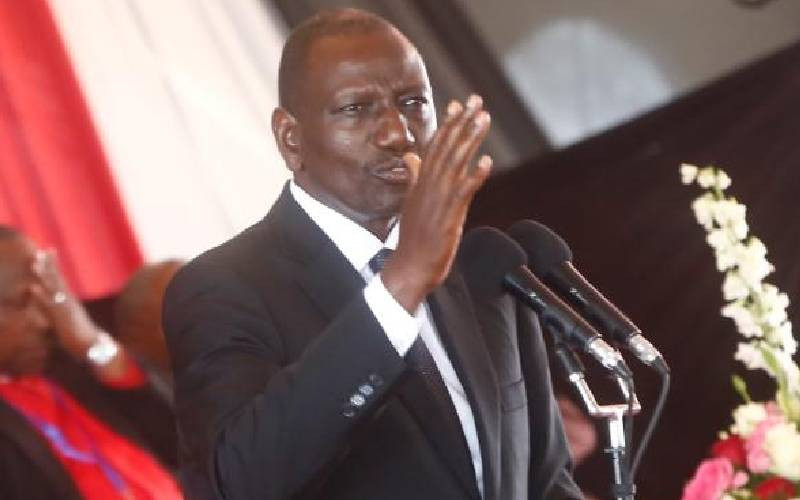×
The Standard e-Paper
Informed Minds Prefer The Standard

Audio By Vocalize

President William Ruto defended his policies and the controversial Financial Bill 2023 as the best means for Kenya to rise from the ashes.
Despite the widespread criticism surrounding the Financial Bill 2023, Ruto passionately defended his policies as the catalyst to lift the country from its current state and propel it towards a brighter future.
